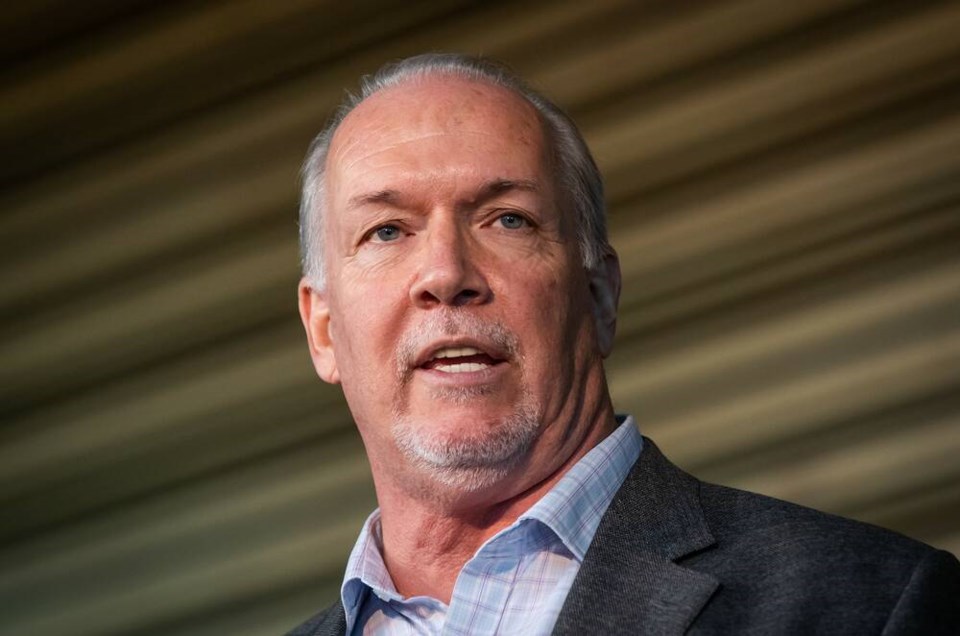In the 2018 municipal elections, the residents of both Saanich and Victoria gave their councils support to allocate funds and proceed with a citizens’ assembly as an independent public process to assess costs and benefits of amalgamation.
Because of delays caused by COVID-19, a formal application for provincial funding was not submitted until June 2021. Receipt was acknowledged by the province in July 2021.
Since then, apart from one preliminary meeting of officials, there has been no further progress. As chairperson of Amalgamation Yes, I have tried to assess why the province has gone silent.
The request is only for $250,000, which is hardly much in a time when billions are being approved. Initially, my thoughts were that the province would share resident concerns about evident lack of cohesive local leadership to deal with transportation, housing supply, sewage treatment and emergency dispatch.
Clearly, strategic provincial social and economic objectives were not being met. Surely there were ample grounds for the province to support a review of ongoing intransigence of local governance.
Yet nothing. So now my mind keeps searching for reasons for provincial cold feet. Several motivations would seem to provide a rationale for their reticence.
Firstly, any comprehensive review of municipal finances for our urban core would quickly identify the costly burden to local taxpayers to deal with a growing list of social, community and health issues including social housing and addiction.
Certainly, a citizen’s assembly review would put the spotlight on the fact that these public health and social service obligations are a provincial responsibility. Allocation of property taxes and municipal staff to deal with homelessness, deaths from addictions, and backups (non-COVID) at emergency rooms are not the responsibility of local councils or taxpayers.
Additionally, any public review would certainly raise the question of need for regional policing, an issue the province repeatedly refuses to discuss.
And even worse, recent evidence of the inept massive failure and lack of preparedness for emergency response to such matters as the heat dome, fires and flooding. This has revealed total inadequacy and foolishness of the provincial policy to simply offload and delegate responsibility to local government.
That policy presumes a capacity to respond that is clearly beyond the scope of local authorities, available equipment and trained staff. Even worse, this presumes a willingness of parochial local authorities to plan and integrate their local response plans and the futility of dependency on local resources to respond.
Associated with the above, media have confirmed the inadequacy and fragmentation of the emergency dispatch system, particularly the provincial ambulance service. While local fire and police services get their messages, it is clear the ambulance dispatch service does not answer the phone. The partnership of a multiple agency emergency response is falling apart.
It is time for the province to tell us why it refuses to support the need for open independent public review of civic governance in the capital city.
To focus only on the local factors would ignore the futility of provincial policy dependent on a “bottoms up” approach and “self-direction” that has failed us. Instead, we urge the province to follow the lead provided by the New Brunswick cabinet, which just months ago determined need for major municipal reform.
COVID has dominated government agendas, but soon it will be behind us, and we need to consider the lessons learned and how, apart from additional spending and taxation, do we move forward?
Surely, 13 municipalities is too many to serve the needs of the capital city.
The silence of the new minister of municipal affairs might be expected. But our region is represented by six NDP MLAs, including the premier and four cabinet ministers. Where are their voices?



